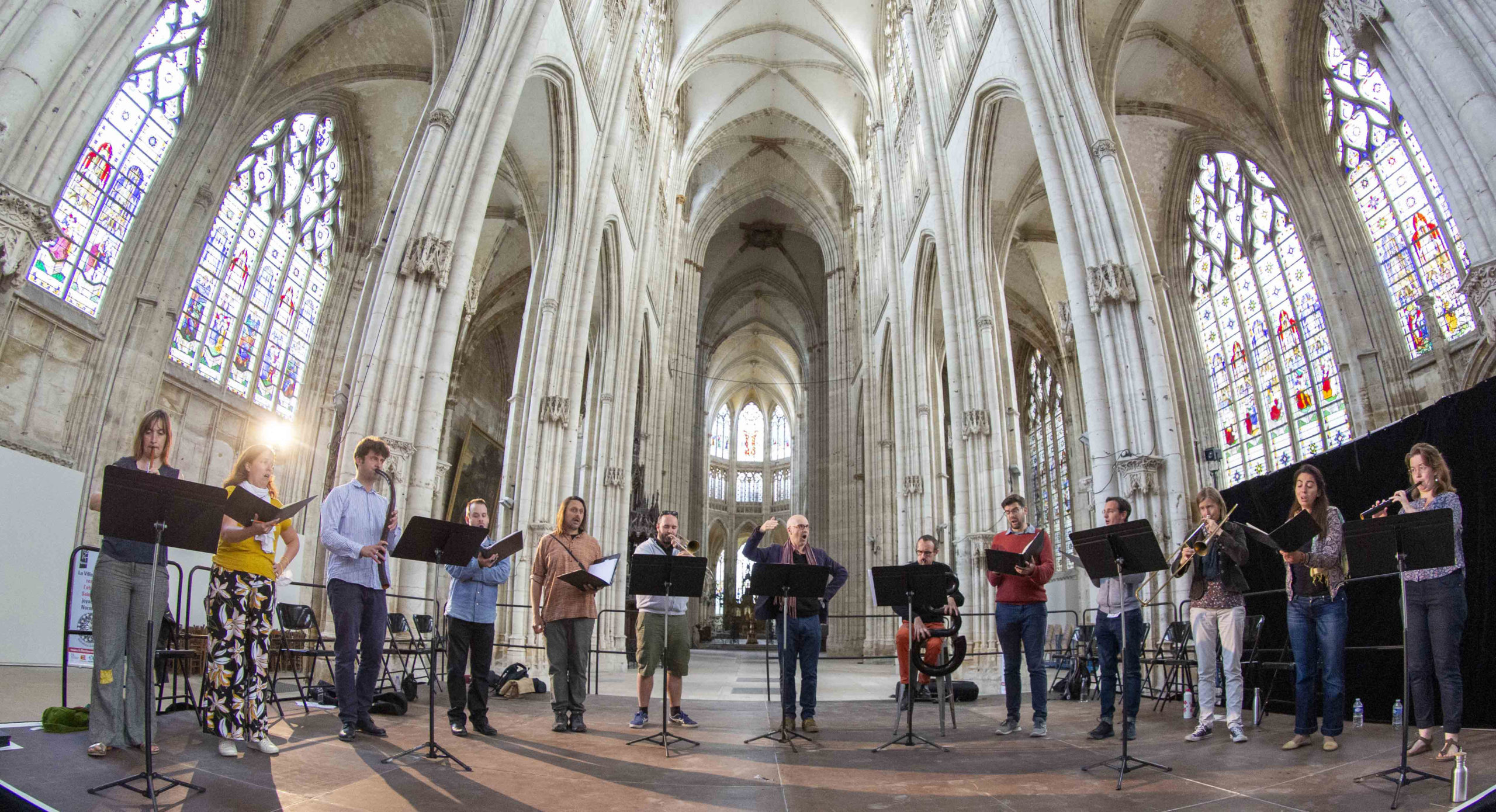Claudio Monteverdi, Missa in Illo tempore
Italian and French Musics from the 1600’s
Jehan Titelouze, Girolamo Frescobaldi, Eustache Du Caurroy…
This program with the Virgin Mary in its centre, includes Monteverdi’s (1567-1643) superb « Missa in illo Tempore », dedicated to the Virgin Mary, which waspublished in 1610, along with the famous Vespers. Although it was originally meant to be « a capella » for the Papal Chapel, we decided to double each voice « in colla parte » with an instrument, encouraged by our experience in playing French polyphonic Masses. The program is conceived as a conversation centered on the Virgin Mary, between Italian and French composers in the 1st half of the 17th century, the very period of transition from the Renaissance to the Baroque.
This program benefited from a residence at the « Académie Bach » in Arques-la-Bataille in February 2022.
Performers (list subject to modifications) : Cécile Granger – sextus, Céline Dalmon – sextus (cantus), Caroline Marçot – altus, Damien Rivière – tenor, Vincent Lièvre-Picard – quintus and tenor, Thomas Van Essen – tenor and bassus, Roland Ten Weges – bassus, Eva Godard, Sarah Dubus – cornetto, Claire Mclntyre, Aurélie Serre, Arnaud Brétécher – sackbut, Volny Hostiou – bass de cornet and serpent, François Ménissiser – Great organ (if not a great organ is available, the program is modified though still respecting both the harmony and the intention of the concert).
Thomas Van Essen
Video
Duration : around 1h20
Please contact us to know exactly the program
contact@lesmeslanges.org

